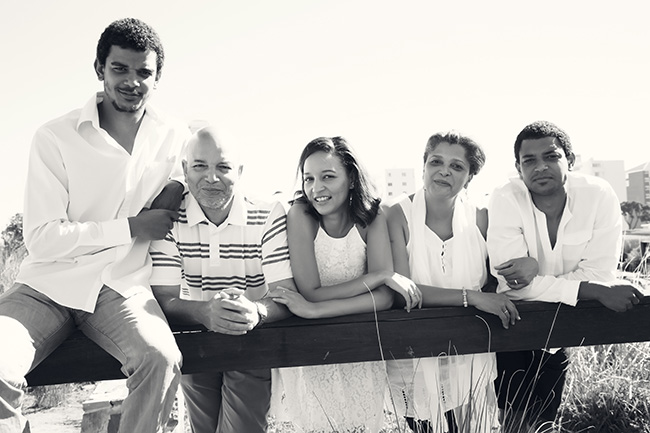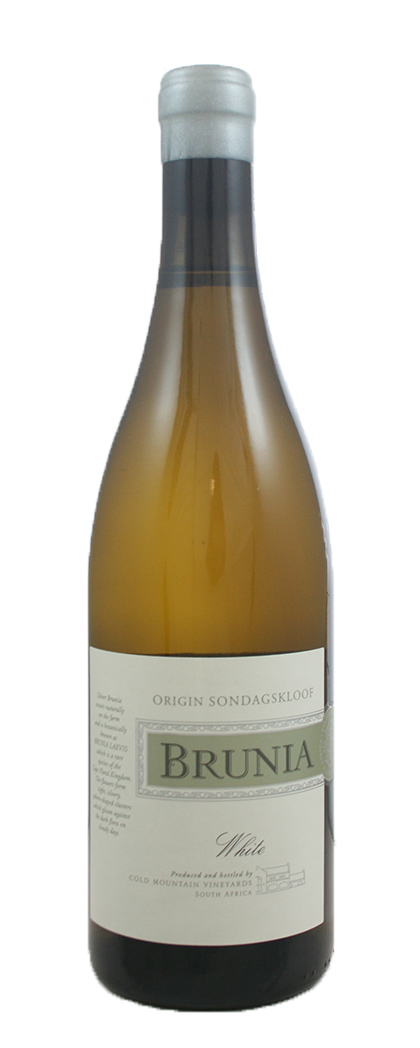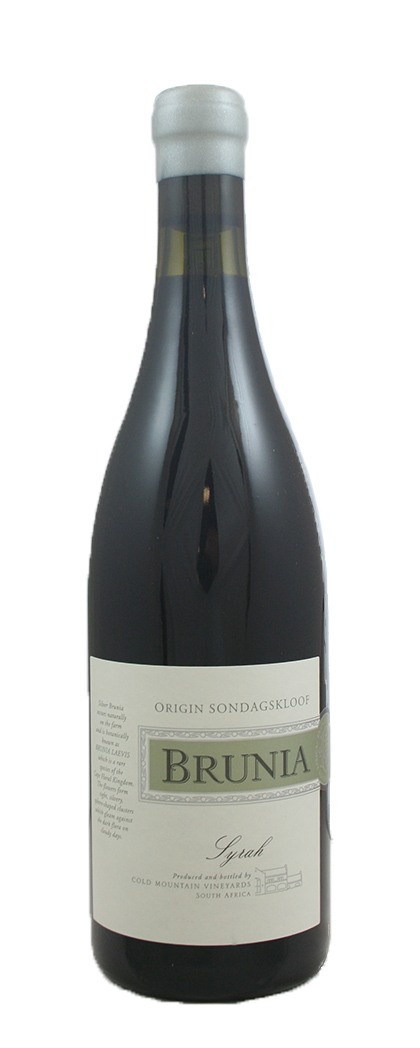Cold Mountain Wines
Wade Sander dreamt about being a vigneron from an early age. He enrolled at Elsenburg Agricultural College in 2010, and after graduating, joined the CWG internship programme working with the likes of Le Riche and Bouchard Finlayson whilst also completing two international harvests in Edna Valley, USA as well as a very influential apprenticeship in the Loire Valley with Thierry Germain of Domaine des Roches-Neuves. Wade then joined the Mullineux & Leeu Family Wines in 2015 in his final year of internship, and was appointed as an associate winemaker.
The relationship with the Mullineux family lasted six vintages and was instrumental in the development of his winemaking philosophy. The time there exposed and presented him with the opportunity to explore and experiment with natural winemaking techniques and enhanced his perception of fine wine. The development of the Leeu Passant brand was also a valuable learning curve and provided an ideal environment in which to hone his craft.
A harvest trip to Jura in 2018 at Domaine de la Tournelle further served as a catalyst and prompted a desire to pursue his Brunia Wines project in Sondagskloof full time.
Cold Mountain Vineyards was finally acquired by the Sander Family in September 2016. The farm is located 17km east of Stanford in a valley known as Sondagskloof, which drains westward into the Uilenkraal River. The surrounding topography rises to an altitude of 845m, whilst the highest point on the farm is 290m.
With the exception of a sandstone hill, most of the farm is characterised by moderate slopes. The farm is bounded by the heights of the Koueberg Mountain range in the south and has the imposing Tafelberg on its northern boundary and stretches over 417ha with 17 devoted to vines, 6 ha under figs and a further 5ha of seasonal vegetables. The farm, as is much of the Cape South Coast, is blessed with vast tracts of pristine fynbos, home to a diversity of plant and animal species, including the rare Brunia Laevis, more commonly known as Silver Brunia which lends its name to the range of Wade’s boutique wines. Under the direction of Brett and Wade Sander, the family has been transforming the estate into a mixed farming organic and biodynamic operation.

Sondagskloof as mentioned is situated on the slopes of the Koue Berg mountain range and classified as a cool-climate region. It has a strong maritime influence being just 17km from the Atlantic Ocean and benefits from being positioned 280m above sea level giving rise to a moderate growing season and extended hang time. The grape varieties currently planted there include Sauvignon, Semillon, Chardonnay, Syrah and Pinot Noir.
The farm is blessed with vast tracts of pristine fynbos, home to a diversity of plant and animal species, including the rare Brunia Laevis, more commonly known as Silver Brunia
Both the Sauvignon Blanc (the oldest vines) & Semillon are planted on decomposed granite soils, these are south facing slopes situated approximately 280m above sea level. The Syrah is also on a north-facing granite-rich site – at a similar altitude. Sustainable practices are followed in the vineyard and the brothers are in the process of conversion to organics, but have taken a long-term approach, having switched from chemical fertilizers to compost and eliminated all systemic sprays in the vineyard. They have also recently invested in an under vine weeder as well as a cover crop planter.
The saline nature of this granitic terroir is communicated through the wines which are precise and tense. We begin with Brunia White, a blend of Sauvignon (69%) and Semillon (31%). The blend will vary according to the vintage. Grapes are whole-cluster straight-pressed into 228 litre French barrels (a small proportion of which are new) and ferment with ambient yeasts for 14-18 days before ageing on the lees for a further ten months. The wine is then racked and goes back into barrel for another spot of ageing before bottling without filtering and just a small amount of sulphites (total So2 is around 50 ppm). The wine has an herbaceous twang with some real stony purity and nice lingering acids. The oak provides some support and rounds out the ensemble.
The Sauvignon – a mere 600 bottles produced in 2020 and none in 2021 – is cut from a similar cloth. This wine is the opposite of the classic floral/aromatic styles, being almost steely-dry and tensile, with fine fluidity.
The saline nature of this granitic terroir is communicated through the wines which are precise and tense.
Finally, there is the Syrah, which is 40% whole cluster, the remainder being destemmed whole berries placed on top. The open-top ferment starts naturally with daily punch-downs with a twenty-one day maceration and then the wine is pressed to 228-litre used barrels where it ages for 14 months and then is bottled without filtration or fining and a just a modicum of added sulphites. This parcel gives a classic expression of Syrah, with typical pepper, clove & fynbos aromas. The 2019 is a textured wine with fresh tannins and great length and might remind one (dare one say) of a Crozes-Hermitage from a certain Dard & Ribo.
2020 Brunia Sauvignon
2020 Brunia White
2019 Brunia Syrah



